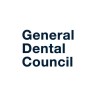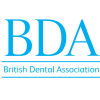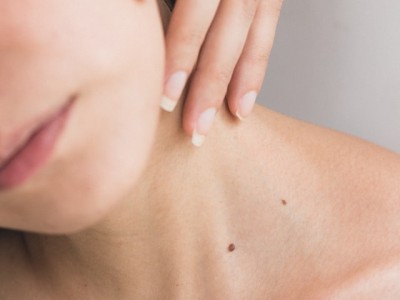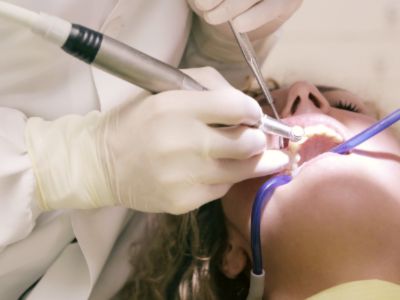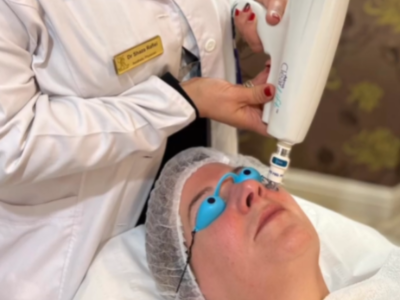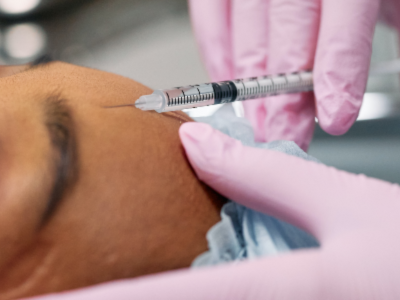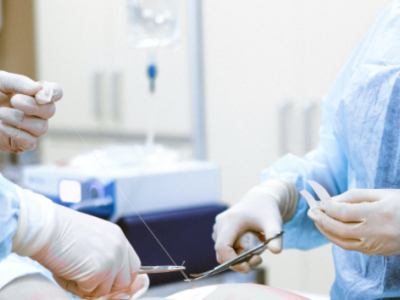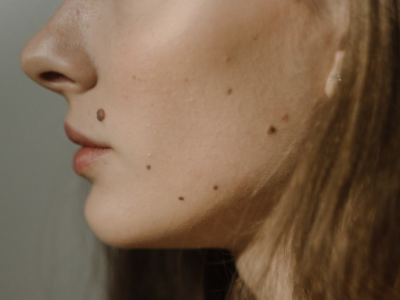Dentures in Southend-on-Sea, Essex at JR Medical
 Dentures are worn by individuals to restore their ability to eat a well-rounded diet and regain their self-assured smile after experiencing tooth loss. They are carefully contoured to sit securely over the gums, effectively replacing lost teeth and preventing potential issues associated with gaps.
Dentures are worn by individuals to restore their ability to eat a well-rounded diet and regain their self-assured smile after experiencing tooth loss. They are carefully contoured to sit securely over the gums, effectively replacing lost teeth and preventing potential issues associated with gaps.
The presence of gaps resulting from missing teeth can lead to difficulties in both eating and speaking. Additionally, adjacent teeth may shift or grow at an angle into the vacant space. In certain situations, the removal and replacement of all remaining teeth may be necessary, you may then require dentures.
They are typically made from acrylic (plastic) or a combination of acrylic and metal materials.
Types of Dentures
Full Dentures
Also known as complete dentures, full dentures are designed to replace an entire arch of missing teeth. A full denture will be fitted if all your upper or lower teeth need to be removed or you're having an old complete denture replaced. The denture will usually be fitted as soon as your teeth are removed, which means you won't be without teeth. The denture will fit snugly over your gums and jawbone.
If you have dentures fitted immediately after the removal of several teeth, the gums and bone will alter in shape fairly quickly and the dentures will probably need relining or remaking after a few months. Occasionally, your gums may need to be left to heal and alter in shape for several months before dentures can be fitted. The shape and colour may be adjusted before the final denture is produced.
A full denture rests on your gums and relies on either your palate (the roof of your mouth) or the ridge of your lower jawbone for support. Some individuals may need to use denture adhesive, a specialised glue, to secure the appliance firmly in place.
Full dentures are typically what people envision when they think of traditional dentures. They consist of artificial teeth mounted on a gum-coloured base. Denture wearers often remove them at night for cleaning and to allow their gums to rest.
Partial Dentures

A partial denture is designed to fill in the gaps left by one or more missing teeth. For individuals missing several or most of their teeth in one or both jaws, partial dentures offer a viable solution. Like full dentures, partial dentures depend on the support of gums and underlying bone. However, they also feature special clasps that attach to your remaining natural teeth, providing additional stability.
Partial dentures usually clip onto some of your natural teeth via metal clasps, which hold them securely in place in your mouth. Crowns are put on the teeth on either side of the gap and joined together by a false tooth that's put in the gap. It can easily be unclipped and removed. Occasionally, the clips can be made of a tooth or gum-coloured material, although this type of clip isn't always suitable because it tends to be more brittle than metal.
Your dentist can measure your mouth and order a partial denture for you.
Immediate Dentures
There are instances where tooth extractions are necessary before dentures can be worn. Immediate dentures are devices worn immediately after extractions.
In some cases, immediate dentures are temporary and replaced with final dentures once healing is complete. Alternatively, in certain situations, you may be able to wear your final denture immediately after surgery. Your dentist will provide guidance on what to expect based on your specific circumstances.
Implant-retained dentures
Instead of relying solely on your jawbone ridge and gums for support, implant-supported dentures are anchored to dental implants. Dental implants are small, threaded posts surgically placed in your jawbone to replace missing tooth roots.
Similar to traditional dentures, implant-supported dentures are removable. You remove them at night for cleaning and soaking.
What sets implant-supported dentures apart is their enhanced stability. They securely "snap on" to implants firmly embedded in your jaw, eliminating the need for denture adhesive to keep them in place. This quality has earned them the nickname "snap-in dentures" among some individuals.
Implant-Supported Dentures
In contrast to other denture variants, implant-supported dentures, also known as permanent or hybrid dentures, are firmly affixed and cannot be removed by the wearer. They do not have a snap-in/snap-out functionality, and only a dentist possesses the capability to remove them.
Dentists typically recommend implant-supported dentures for individuals who prefer a fixed oral appliance that doesn't need to be taken out. However, it's important to note that non-removable dentures necessitate more comprehensive daily cleaning, including the need to floss underneath the denture for optimal hygiene.
Taking Care of Your Dentures
Adjusting to dentures may initially feel unfamiliar, but you'll become accustomed to wearing them over time. In the beginning, you might need to wear your dentures continuously, even during sleep. Your dentist or clinical dental technician will provide guidance on whether you should remove them before bedtime. While it's not always necessary to take your dentures out at night, doing so allows your gums to rest during sleep.
When you remove your dentures, it's essential to keep them moist. You can achieve this by placing them in water, a polythene bag with slightly dampened cotton wool, or an appropriate overnight denture-cleaning solution. This prevents the denture material from drying out and altering its shape.
Dental Hygiene
Maintaining oral hygiene remains crucial when you wear dentures. Brush your remaining natural teeth, gums, and tongue twice daily with fluoride toothpaste to prevent tooth decay, gum disease, and other dental issues. Read more about maintaining oral hygiene to keep your teeth clean.
Denture Cleaning
Regularly removing plaque and food residue from your dentures is vital. Unclean dentures can lead to issues like bad breath, gum disease, tooth decay, and oral thrush. Clean your dentures at least twice a day.
Eating with Dentures
When you first wear dentures, opt for soft foods cut into small pieces and chew slowly, using both sides of your mouth. Avoid chewing gum and any sticky, hard, or sharp-edged foods. Gradually reintroduce other food types until you're back to your regular diet. Never use toothpicks.
Denture Adhesive
If your dentures fit well, you may not require denture fixative (adhesive). However, if your jawbone has significantly receded, adhesive may be necessary to keep your dentures secure. Your dentist will advise you in such cases.
Initially, some people feel more confident with adhesive. Follow the manufacturer's instructions, avoiding excessive use. To remove adhesive from the denture, brush it with soap and water. Any residual adhesive in the mouth can be removed with a damp kitchen towel or a clean, damp washcloth.
The Risks & Benefits of Dentures
Dentures bring about several advantages, such as:
- Enhanced chewing capability.
- Improved aesthetics.
- Enhanced speech clarity.
- Better nutrition, thanks to improved chewing capacity.
However, there are some limitations. Dentures, particularly traditional removable ones, come with a set of challenges. Many wearers of traditional dentures express concerns about the appliances shifting, wobbling, or slipping while speaking or eating. Moreover, as tooth loss occurs, the jawbone gradually shrinks, potentially resulting in facial changes like sunken cheeks.
Call JR Medical now on 01702 314497
All of our services cover the whole of Southend-on-Sea including Westcliff-on-sea, Leigh-on-Sea, Rochford, Hadleigh, and Benfleet. We also cover a wider area of Essex, including Rayleigh, Basildon, Grays, and Thurrock.


